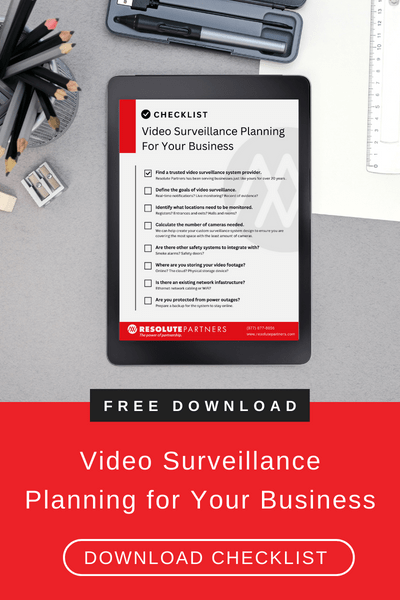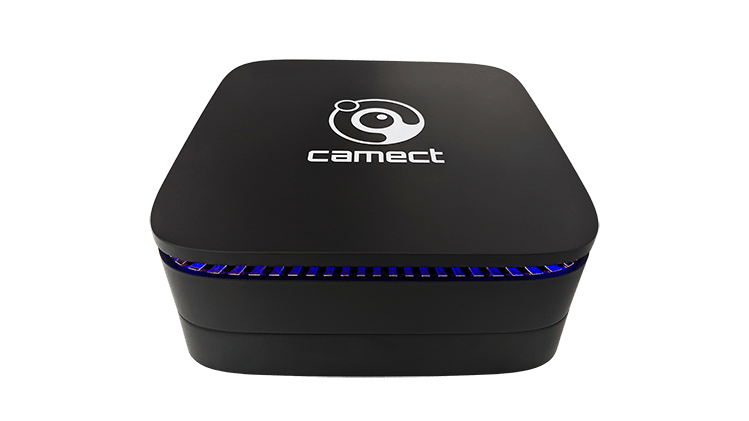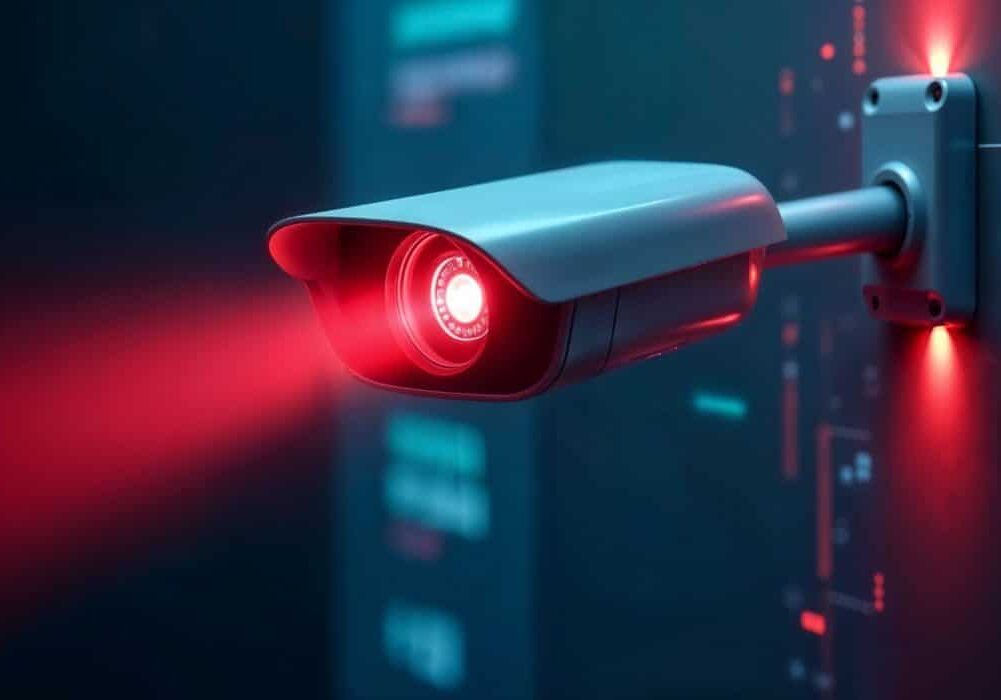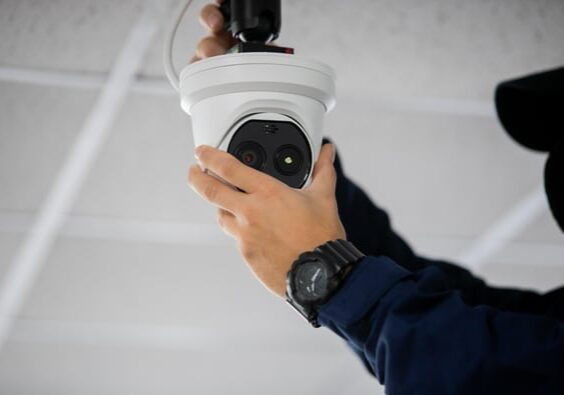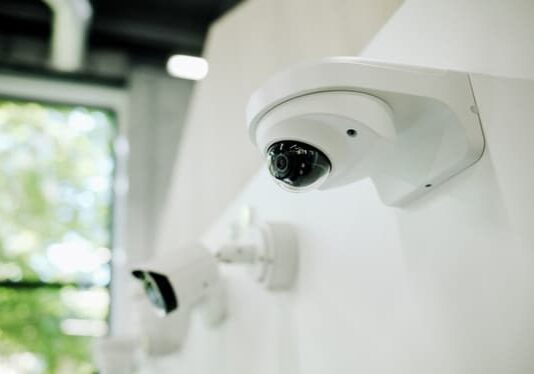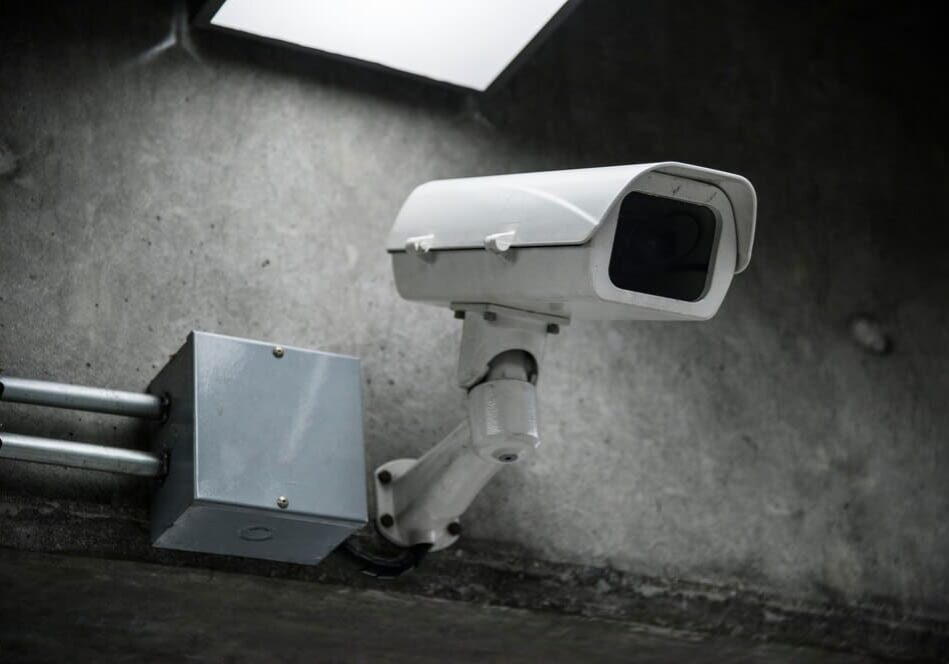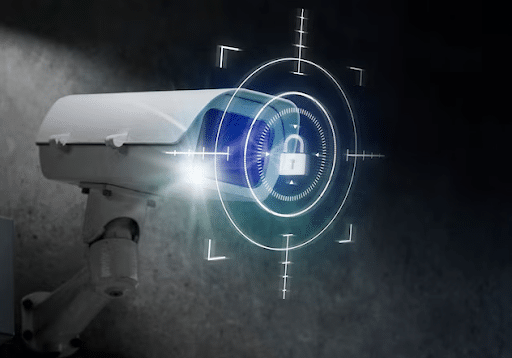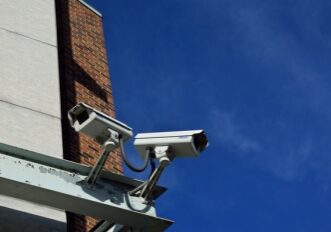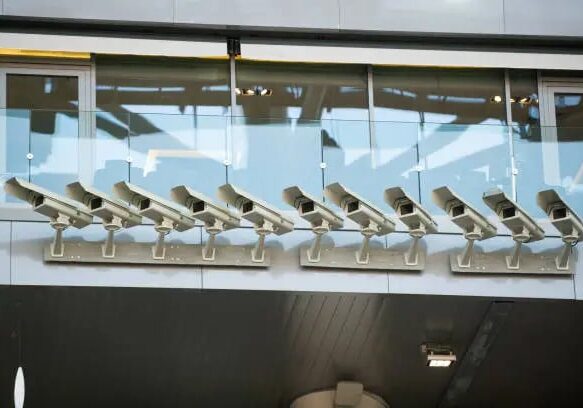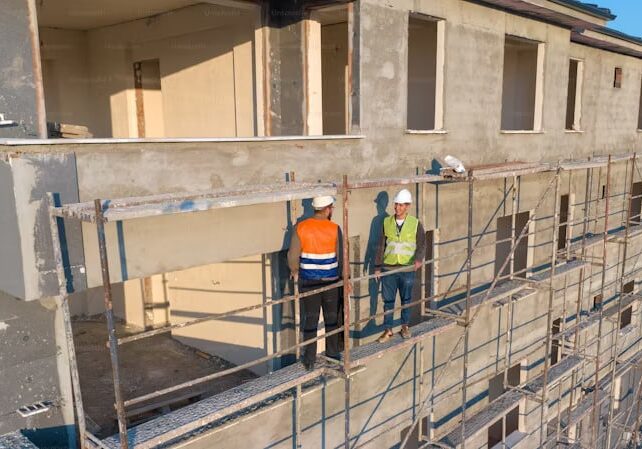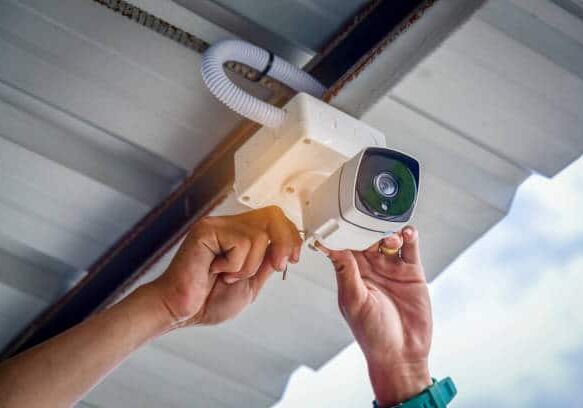Picking the right video surveillance system for your business can be challenging. There are many options available. Should you choose an “open” system that works with different brands, or a “closed” system that only works with its own devices? Open systems let you mix and match cameras and recorders. Closed systems, like Verkada or Alarms.com, only work with their own products. These closed systems can become a problem. If you stop paying their fees, your cameras might stop working, becoming useless “bricks”. These solutions are often called “Hostage-as-a-Service” This blog will help you understand your options. It serves as a video surveillance system buying guide to help you make the best choice for your business.
Read More: The Benefits Of Video Analytics For Business Intelligence And Operations
How To Select a Video Surveillance System For Your Business

Choosing the right video surveillance system for your business depends on understanding your options and what each system offers.
1. Know the Types of Video Surveillance Systems
- Open Systems: These are flexible. You can use different brands for cameras and recorders typically as long as they are ONVIF compliant. This is good if you want to expand or need specific features from various brands. Open systems are adaptable and grow with your business.
- Closed Systems: These work only with devices from the same manufacturer. They often have mandatory subscription fees. If you don’t pay, the system may stop working. This type of system can be easy to install but might limit your options.
2. Consider Your Business Needs
- Size of Your Store: Smaller businesses might need just a few cameras. Larger spaces need more coverage and higher storage capacity.
- Coverage Area: Decide where you need surveillance—indoors, outdoors, or both. This affects the type and number of cameras required.
- Image Quality: Higher-resolution digital cameras provide clearer images, which is important for identifying people or vehicles. Based on your needs, choose between cameras that range from 2 megapixels (2MP) to 4KHD (8 MP) or more cameras.
3. Check System Features
- Remote Monitoring: Many systems allow you to watch live feeds via mobile apps or online. This allows you to monitor your store from anywhere.
- Storage Choices: Decide between local storage with NVRs or cloud storage. Cloud storage offers remote access but might have extra fees.
- Expandability: Think about the future. Choose a system that can grow with your needs. Open systems generally offer better scalability.
4. Review Costs and Budget
- Initial Costs: Open systems may cost more upfront but are more flexible. Closed systems could be cheaper initially but may have higher ongoing costs.
- Recurring Fees: Closed systems often require monthly fees for services and support. If you stop paying, your cameras could become inactive.
- Maintenance and Support: Look into the maintenance needs of each system. Good customer support is also important.
5. Ensure Compatibility and Integration
- Integrate with Existing Systems: If you already have security measures, ensure the new system works well with them.
- Future-Proofing: Technology changes fast. Open systems usually offer better compatibility with new technologies, reducing the risk of being stuck with outdated equipment.
Read More: The Evolution Of Video Surveillance In Public Transit
Considerations When Selecting a Security Camera System
When choosing a security camera system for your business, consider your options carefully. There are two main types of video surveillance systems: “open” and “closed.”
- Open Systems: These systems are flexible. You can use cameras and recorders from different manufacturers . This is ideal if you want the freedom to add or change equipment later. Open systems work well with existing security setups and provide more options.
- Closed Systems: These systems, like Verkada or Alarms.com, only work with their proprietary devices. They are easy to install but come with a catch. If you stop paying the fees, the cameras may shut down, becoming useless “bricks.” This is often called “Hostage-as-a-Service.”
Consider your long-term needs when selecting a video surveillance system for your business. Think about the size of your store, your budget, and whether you want flexibility. This video surveillance system buying guide will help you make the best choice.
Maintenance and Support Options for Video Surveillance Systems
Maintenance is key for both open and closed video surveillance systems. Here’s what to consider:
- Software Updates: Open systems often need regular updates. Make sure your provider offers these to keep your system running smoothly.
- Customer Support: Closed systems typically offer dedicated support but may charge extra fees. Check what’s included in your plan.
- Routine Hardware Checks: Cameras and equipment need regular cleaning and checks to avoid performance issues. Plan for ongoing maintenance.
A system with good maintenance and support helps keep your small business security camera system reliable and effective, following business video surveillance best practices.
Read More: How Video Analytics Can Identify Suspicious Behavior In Schools
Secure Your Business with Resolute Partners
Protect your business with advanced security solutions from Resolute Partners. We offer a range of services, including video surveillance, wireless network solutions, and IoT integration to ensure your store is secure. Our experts work with you to design a customized security system that fits your needs and budget. Whether you need a simple setup or a comprehensive solution, we provide the technology and support to keep your business safe. Don’t leave your security to chance. Contact Resolute Partners today to learn more about our services and find out how we can help you implement the best practices for retail stores security. Let us help you keep your business secure and peace of mind intact.
Read More: Video Surveillance Best Practices for Safeguarding Cannabis Supply Chains
FAQs
The size and layout determine the number and placement of cameras needed. Larger spaces or complex layouts may require more cameras and coverage areas to ensure complete security.
Yes, prioritize features like remote access, high-resolution cameras, motion detection, and storage options. These ensure better monitoring and quicker responses to incidents.
Options include dome, bullet, and PTZ (pan-tilt-zoom) cameras. The best choice depends on your needs, such as indoor vs. outdoor use and the desired field of view.
High resolution and image quality are crucial for identifying faces, license plates, and other details. This is important for evidence and effective monitoring.

Michael S. Blanco is the Chief Executive Officer and Co-Founder of Resolute Partners, LLC, where he leads strategic initiatives across various divisions. After owning family entertainment centers in New England, he co-founded Resolute Partners in 1996, launching the first Internet cafés for the U.S. Navy and partnering with AT&T for global deployment. A pioneer in wireless communications, Michael has expanded the company’s focus to include Energy Management/IoT, Cybersecurity, and Managed Video Security. He holds a degree from the Rochester Institute of Technology.
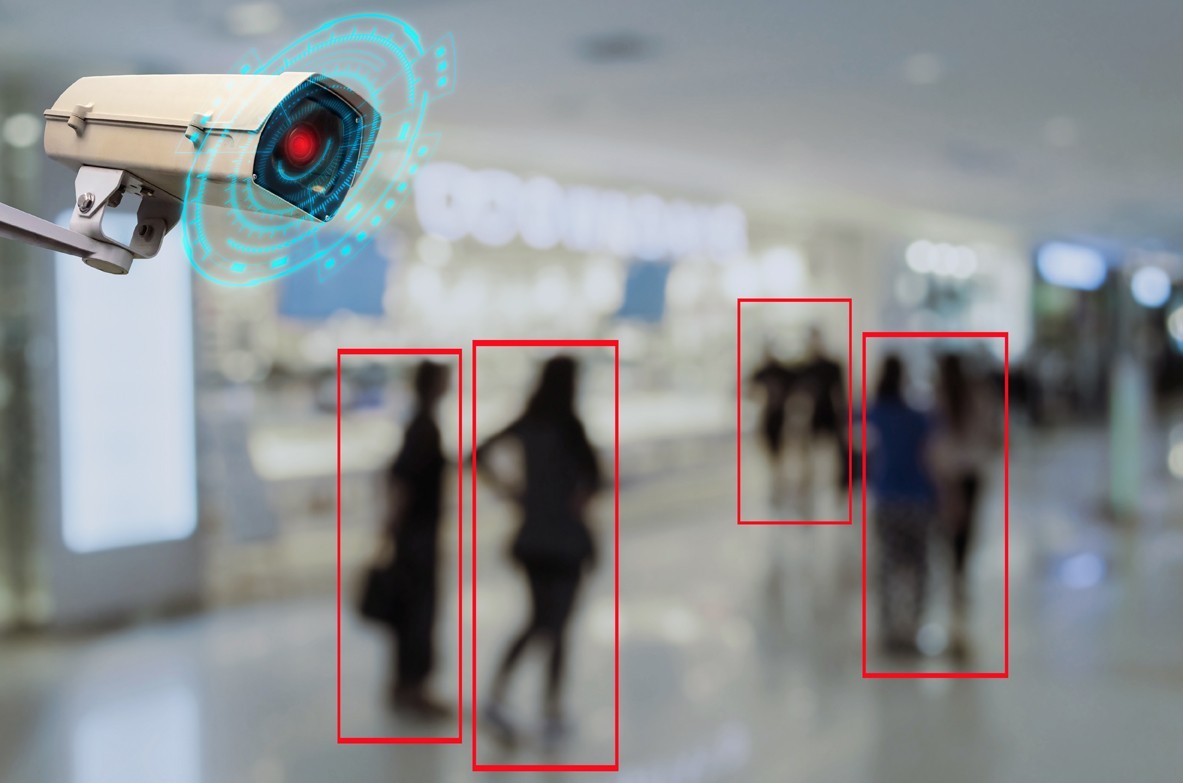
Stay up to date.
Subscribe for latest news, protection tips, special offers, and more!




